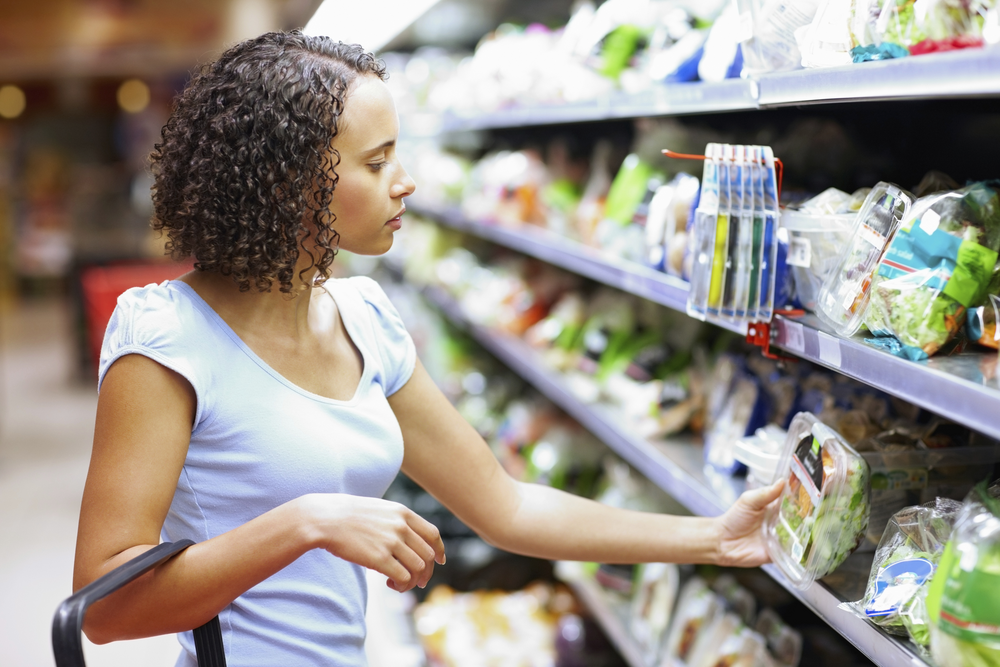Product recalls rise across NZ – GS1’s platform makes them faster, more efficient
Product recalls are frequent in the Food and Grocery sector. How quickly and efficiently they occur really matters, as made clear once again in the recently-released 2024 report of New Zealand Food Safety (NZFS).
There were 88 consumer-level recalls last year and NZFS, a unit within the Ministry for Primary Industries says 15 of these were food products that could have caused salmonella poisoning due to the inclusion of contaminated sesame seeds.
The seeds importer detected the bacteria during routine testing. Once alerted, NZFS tested more widely in other batches and products, and the relevant food companies rapidly initiated recalls. Risks to the public were minimised and there were no confirmed reports of illness.
NZFS says New Zealand’s food safety system has a strong track record but when issues arise, “we work quickly with food businesses to recall the affected product, removing it from the food supply chain and promoting public awareness”.
ProductRecallNZ
Crucial to that system is GS1 New Zealand’s ProductRecallNZ platform – it enables food and grocery businesses and NZFS to action recalls, and product withdrawals, with speed and efficiency that would not be achievable otherwise in many instances. Withdrawals, where a suspect product is pulled out of the supply chain before reaching a retailer’s shelf, can be just as critical to avoiding brand damage.
ProductRecallNZ was used in 68 of those 88 recalls last year, but in a huge win for suppliers ProductRecallNZ supported a further 146 product withdrawal scenarios (sometimes called ‘trade recalls’). GS1 NZ’s data for 2024 closely align with NZFS reporting: ProductRecallNZ enabled 16 recalls by businesses where the products had suspected microbiological contamination (salmonella included), and in a further 34 recalls, the problem was undeclared or incorrectly declared allergen risks.
NZFS highlights allergens in foods as the biggest single area for recall action during 2024: On 40 occasions, the products were found to be mispacked or mislabelled. In four recalls, for example, the issue was the presence of undeclared gluten in products containing an imported fennel powder.
Other recalls are triggered by actual or suspected chemical contamination of foods, or the presence of foreign matter or objects in the product. ProductRecallNZ was used 13 times last year because of the latter – and in one of those, as many as 51 products were encompassed by recall notifications.
Multiple benefits
Clearly, successful recalls and withdrawals contribute greatly to public health and safety. They also protect business reputations and brands, as well as limiting the risks to revenue and earnings when customer relationships are coming under strain.
As NZFS notes, a higher number of recalls – 88 last year was up from 70 and 60 in 2023 and 2022 respectively – does not necessarily mean consumers are increasingly at risk. The contrary will be true when recalls and withdrawals of any suspect product become easier and more efficient. (Last year’s total also reflected the arrival of new regulation for allergen labelling on foods.)
ProductRecallNZ is designed to get clear and meaningful notifications to every supply chain participant needing to act on them as quickly as possible. GS1 identifiers and data standards are critical for the immediate shared understanding of products and recall or withdrawal requirements at every relevant supply chain location.
Today around 2,350 New Zealand-based companies supplying into the Food and Grocery sector are ProductRecallNZ subscribers, constantly ready to assemble the right data and send actionable notifications at any time. A valuable feature of the portal is to use the ‘mock recall’ mode for training and conducting test recalls as required under the Food Act. There are also 754 receiver organisations registered on the platform, including New Zealand’s major retailing groups in grocery, and almost as many in hardware and healthcare.
Managing product recalls and withdrawals well is good business practice and benefits public food safety.


